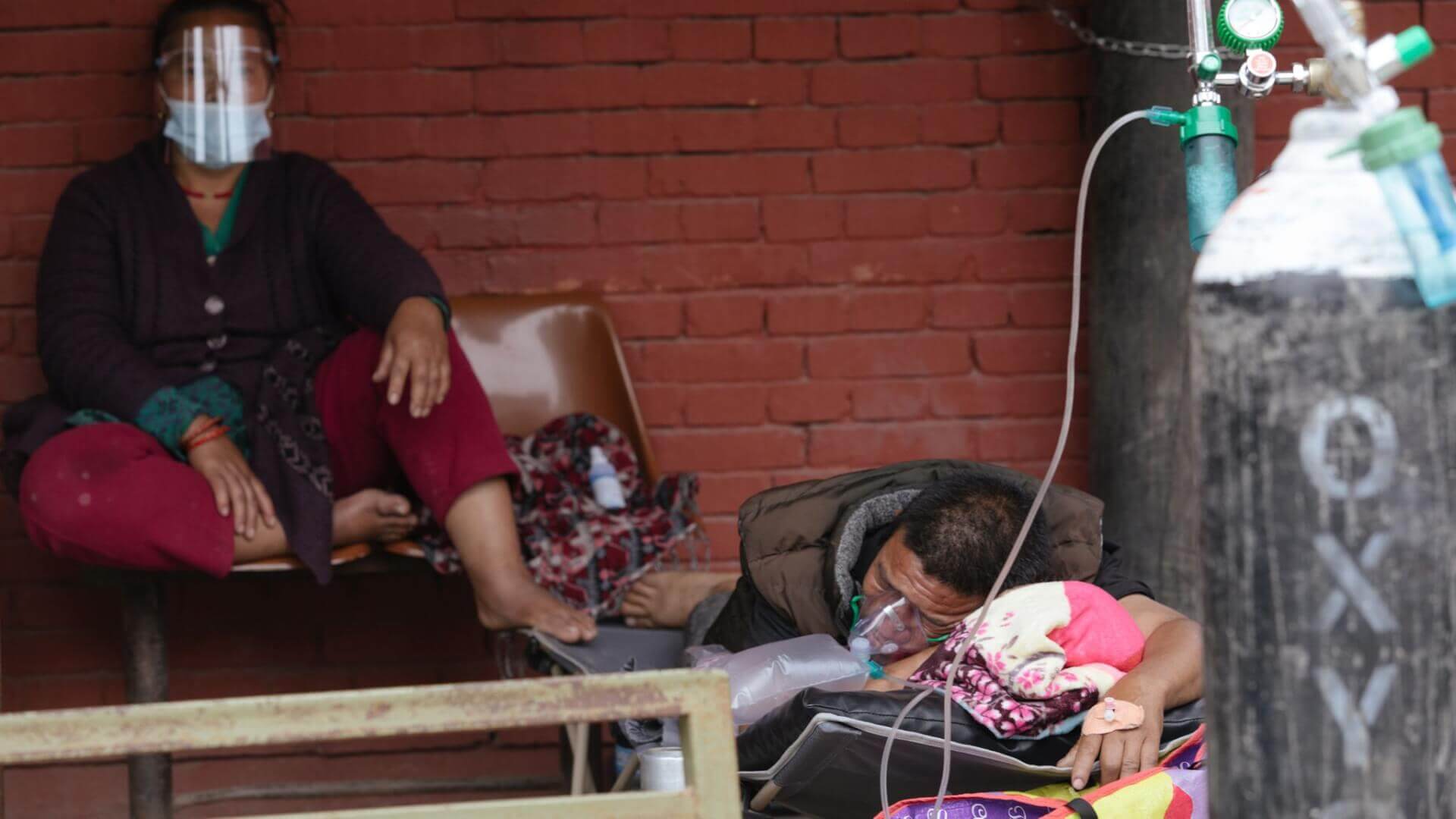The International Commission of Jurists (ICJ) has accused Nepal of failing to ensure people’s right to health during the COVID-19 pandemic. “Nepal’s health system remains unprepared and defiant of a range of orders of the Supreme Court relating to the realisation of the right,” the Commission said in its report titled, ‘Unprepared and Unlawful: Nepal’s continued failure to realise the right to health during the Covid-19 pandemic.’
The report, released on Tuesday, stated that in its response to the COVID-19 pandemic, Nepal had failed to meet its obligations to respect, protect, and fulfil people’s right to health guaranteed by the country’s constitution, as well as national and international law, ensuring human rights. “Despite the huge loss to human lives and health during the first wave of the pandemic, the government failed to prepare for the second wave, which had even more serious consequences,” it stated.
Furthermore, the report accused Nepal’s former Prime Minister KP Sharma Oli of downplaying the seriousness of COVID-19. Oli said, “Covid-19 was like the flu, which can be driven away by drinking hot water and sneezing.” He also made unsubstantiated claims such as “Nepalis have better immunity against Covid-19 because they breathe in the fresh air and have ginger, garlic, and turmeric as integral parts of their daily diet.”
The report revealed the Nepal government’s sluggish efforts to contain the pandemic, including a lack of testing facilities in the first wave, excessive force by security personnel to enforce lockdown, and loss of lives due to lack of oxygen and adequate oxygen treatment facilities. “The quarantine centres and isolation wards lacked sufficient and proper facilities for isolation and quarantine, which led to the situation where Covid patients were kept with non-Covid patients,” it mentioned.
The ICJ also noted several allegations against the erstwhile government regarding the procurement of testing kits, protective gear, and medicines to counter the pandemic. The accusations against the government were never investigated.
“Poor management of restrictive measures taken, including lockdown measures and quarantine and isolation facilities, has given rise to a variety of health-related concerns related to human dignity leading to the violations of human rights in Nepal,” the report stated. It added: “These and other issues arising from Nepal’s Covid-19 response must therefore be evaluated against Nepal’s obligations to respect, protect and fulfil the right to health as well as other human rights.”
Moreover, the ICJ claimed that the Nepalese government failed to reform its health system to tackle the ongoing second wave of COVID-19 despite the Supreme Court orders regarding the realisation of the right to health. Highlighting the Court orders delivered in at least nine rulings, the Commission noted the negligible effects it had on the government’s handling of the pandemic.
While making specific recommendations, the Commission urged the government to comply with Supreme Court’s orders to ensure people’s right to health in law and practice, without any discrimination, and deploy the maximum available resources to ensure equitable vaccine distribution within the stipulated time frame.
Similar observations were made by the National Human Rights Commission in its report last June. The Commission referred to quarantine centres in Nepal as breeding grounds for coronavirus.
As of Tuesday, Nepal has recorded 779,492 COVID-19 infections and 10,984 deaths.
Int’l Commission Says Nepal Failed to Ensure People’s Right to Health During Pandemic
The International Commission of Jurists, in its report, accused the Nepal government of failing to ensure people’s right to health during the pandemic.
September 15, 2021

SOURCE: PRASIIT STHAPIT
